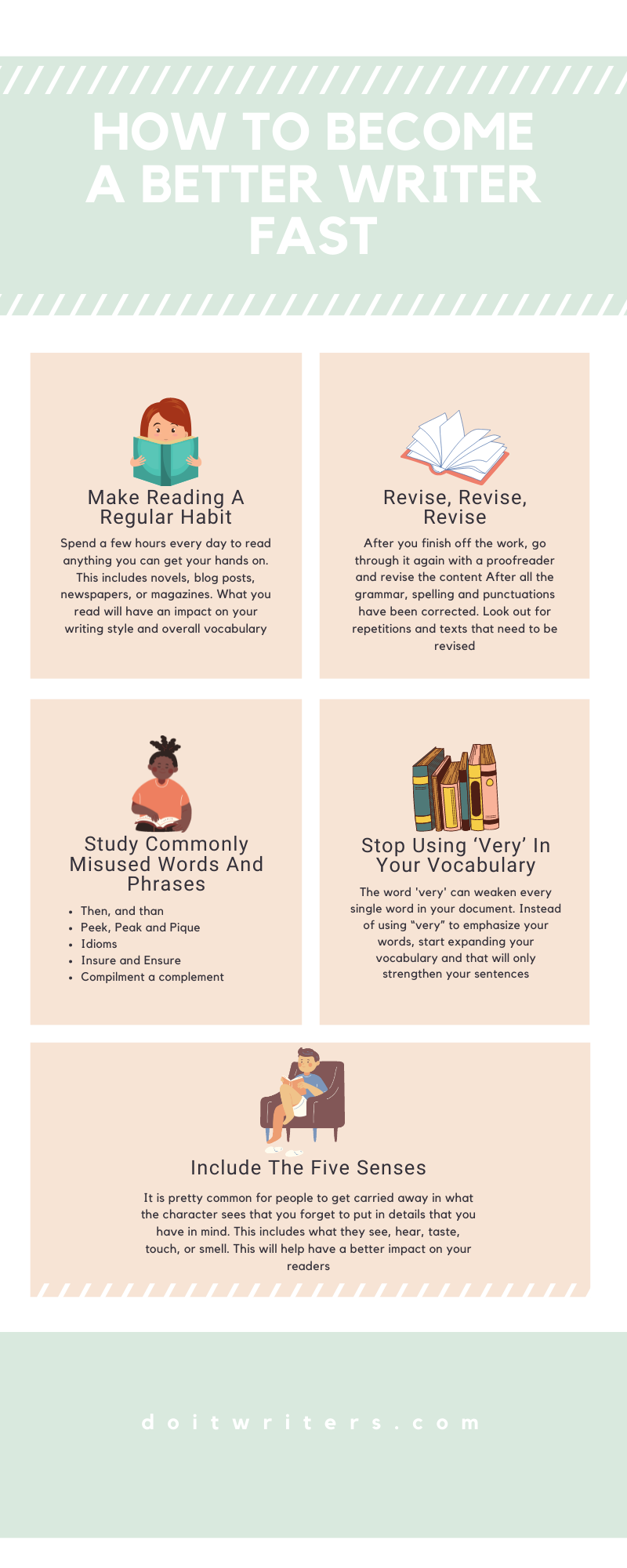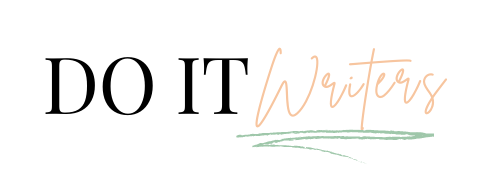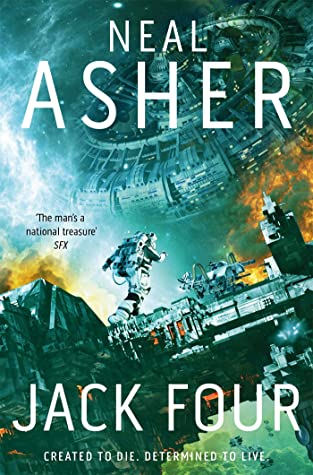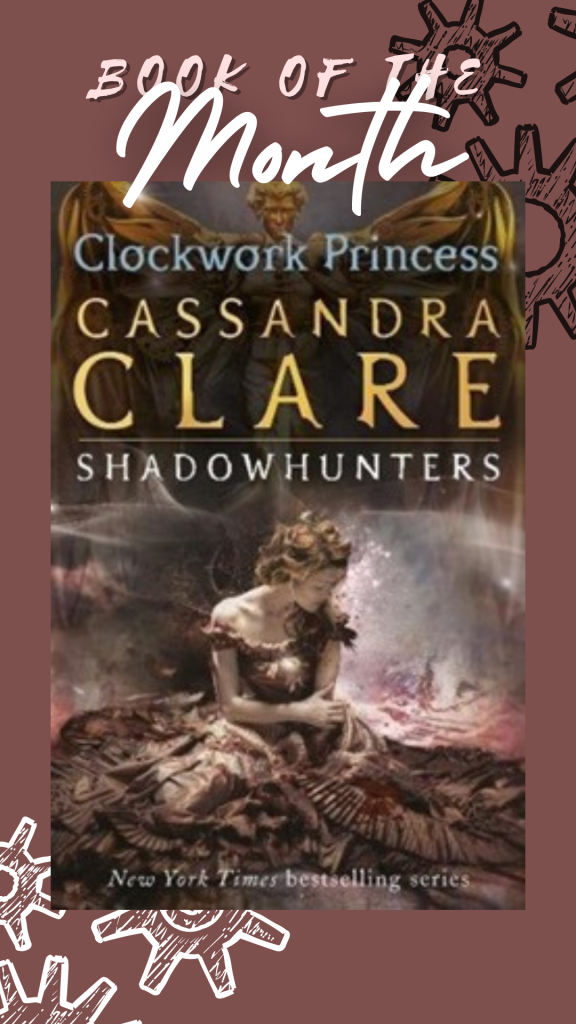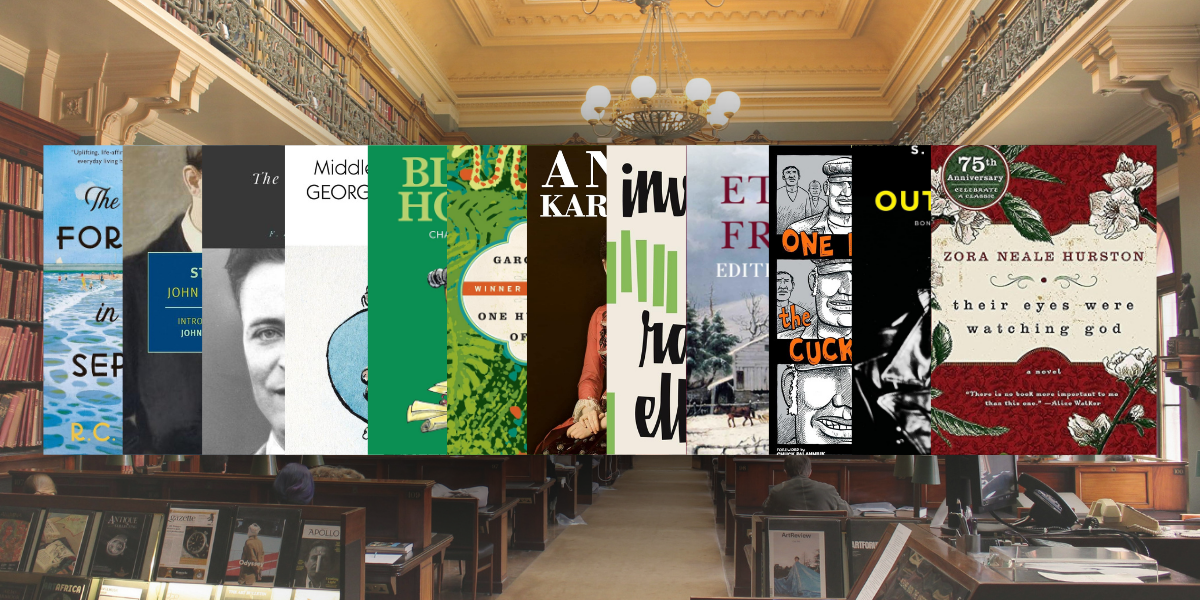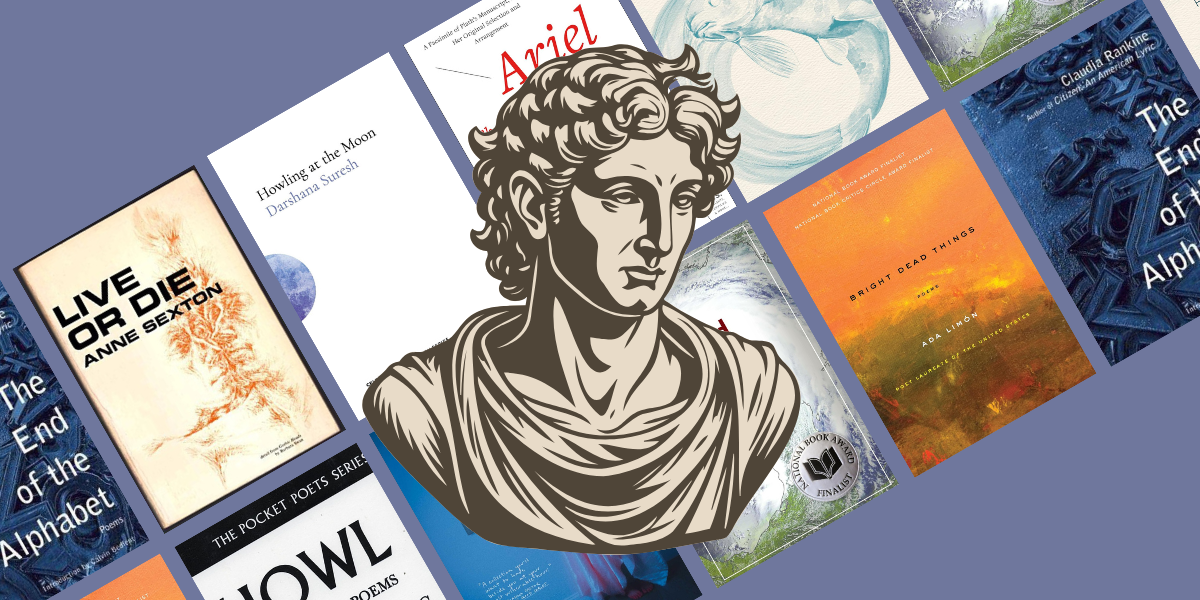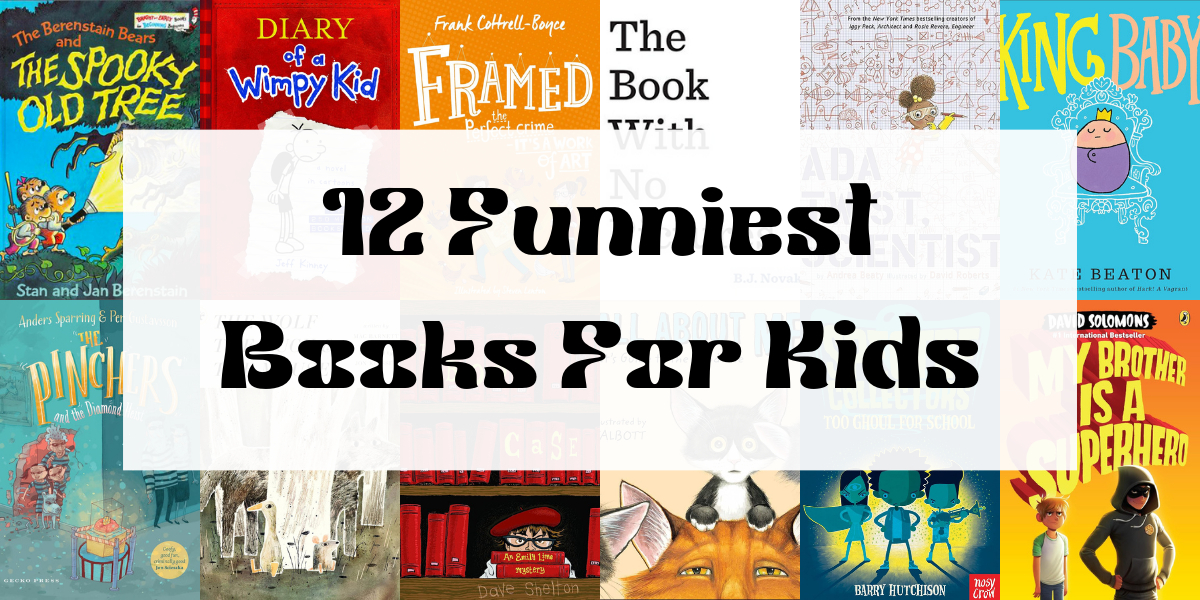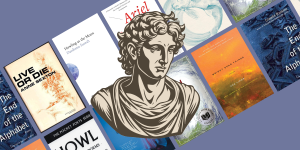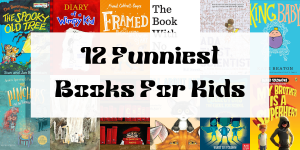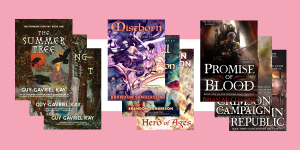No one is born a writer. When you write, the words aren’t just going to appear out of nowhere and create a masterpiece that you have in mind. Putting your imagination into the piece of paper and letting people see the world from your mind takes a tremendous amount of practice and dedication to help you become a better writer fast.
Here’s a complete recipe for improvement to help you become a better writer in no time.
So let’s dive right into it!
How to Become a Better Writer
Here are 13 tips on how to become a better writer.
1. Make Reading a Regular Habit
Although writing every day surely makes it the key to improving your writing, you need something to fuel your imagination and creativity. Therefore, vest a few hours every day to read anything you can get your hands on. This includes novels, blog posts, newspapers, or magazines. Bear in mind, what you read will impact your writing style and overall vocabulary. For instance, according to the University of Florida, reading literary fiction and academic journals will make you write in a more complex vocabulary and sentence structure than reading pop content straight out of a magazine.
You should find your style before diving headfirst into any reading material you could find. Sure, diversifying can be an option, but it’s always best to center your reading on a particular type to keep consistency.
2. Eliminate Distractions
A decluttered workplace is the key to a decluttered mind. Here I don’t just mean clearing out everything in your literal desk but from your mind and anything that comes in between your writing. A magnificent piece can never come out of multitasking or background noise. Have a distraction-free writing space like DarkRoom or WriteRoom that helps to give a clean and distracting working zone for you to share your 100% concentration.
Turn off an email or social media notification. A single bell can lead to a solid two hours of procrastination and another round of clearing your mind from the conversation you had, the posts you saw on Instagram but forgot to save (that’s the worst one), and simply thinking about the emails you received a few hours ago.
Regardless of how important these notifications are, they can always wait until you finish your writing session for the day if you are still struggling to focus, then listening to some mellow music while writing has also proven to do wonders in eliminating distraction.
3. Include the Five Senses
It is common to see people get carried away in what the character sees and put the complete picture into writing that you forget to put in details that you have in mind. This includes what they see, hear, taste, touch, or smell. This will help have a better impact on your readers.
4. Revise, Revise, Revise
Writing the draft is just the first milestone that you achieve, not the whole masterpiece. The refinement that you do after writing the story or content brings everything together and turns any ordinary piece into an extraordinary one.
Once you finish off work, go back with a proofreader and revise the content. After all grammar, spelling, and punctuations have been corrected, manually go through the work and look out for repetitions and texts that need to be revised. Do this at least three times to add more flavor to the writing and give it the ever needed refinement.
Think of it as a piece of stone that needs to be sculpted, reshaped, and polished to bring out the true beauty of your story.
5. Cut the wordy phrases and buzzwords.
We all hate reading complex sentences. What makes it worse is when you start adding filler phrases that only drag something unnecessary. “As a matter of fact” can be concisely done to “in fact,” “due to the fact that” can simply be written as “because.” Remember, your goal is to make the audience understand your words.
If you think using buzzwords and slang can make you sound cool, wait until you find out what others say about that. A vocabulary that is sharp yet easy to understand is what really stands out from the crowd.
6. Study commonly misused words and phrases.
What differentiates good content from bad one is the grammar mistakes that many people cannot understand. Familiarize yourself with commonly misused words and phrases and never get them wrong. This includes the difference between:
- Then, and than
- Peek, Peak and Pique
- Idioms
- Insure and Ensure
- Compilment a complement
When in doubt, you can always count on Grammarly and Google!
7. Stop using ‘very’ in your vocabulary
The word “very” has the potential to weaken every single word, idea, and sentence. Instead of using “very” to emphasize your words, start expanding your vocabulary, and that will only strengthen your sentences. For example:
| Instead of | Say |
| Very short | Brief |
| Very lazy | Indolent |
| Very big | Massive |
| Very bad | Awful |
| Very busy | Swamped |
If you are struggling to eliminate “very,” simply search up the word’s synonym for a more complex word.
8. Be Concise
The more concise your writing is, the more impact it is going to have on your audience. This is best done in the revision process, as fixing your text while writing will make it impossible to finish your writing. Therefore, the more compact your writing is, the more powerful it is likely to be. Don’t believe me? Read these sentences yourself and choose the more impactful among them.
“However, it must be remembered that Ruth’s marriage could have positive effects on Naomi’s situation.”
Or
“Ruth’s marriage, however, will also provide security for Naomi.”
“Frequently, a chapter in a book reveals to the reader the main point that the author desires to bring out during the chapter.”
Or
“A chapter’s title often reveals its thesis.”
The key is to easily cover big chunks of concepts and ideas in fewer words possible.
9. Strip it Down
As Albert Einstein likes to say, “If you can’t explain it to a six-year-old, you don’t understand it yourself.”
Think of your audience as little kinds with a short attention span, distraction, and impatient who are eager to find the information as quickly as possible. This way, you will convey the fundamentals to help your audience understand.
Also Read: How to Improve your Attention Span
10. Watch out for repetition
Repetitive sentences and words remain hidden to many eyes but can kill the high impact of your writing overall. Although you won’t be able to figure out the phrases you repeat frequently, revise or dig out old papers to figure out the repetitive words and find synonyms for them. This means, everything you are about to use the word again, you will now be more aware of your mistakes and go for a synonym instead.
11. Let your personality shine through
What differentiates a good story from a great one is the personality of the writer that peeks through each word, sentence, and idea that you get from the writing. Regardless of what you write, it’s never a bad idea to add a little humor, flow, and character to your text and uplift it with your lively energy. This can also be done by adding metaphors, sensory and other figures of speech.
Also Read: How to Write Humour
12. Master the introduction and conclusion
Well-structured writing doesn’t just matter in writing fiction novels, but also to amp up anything you write. Whether it is nonfiction writing, copywriting, story writing, or simply a meaningful tweet that can change people’s lives forever. The key to writing a practical introduction is first to write it and go back and delete anything that you think will not harm the idea.
The key is to eliminate fluff and get straight to the point. Then, once people get their answers or the main idea of the topic initially, it will keep them hooked on finding the support or complementing topics you want to talk about.
Like introductions, endings are also crucial to help leave your readers with a mind filled with thoughts and things to remember. Think of it as a tree; your introduction sets the roots for it. The subheadings and chapters make the branches that finally lead to color fruits and leaves.
The ending should be where you ensure all the doubts of your readers have been cleared and they are satisfied with the information. This can eliminate uncertainly and will likely remain in your reader’s mind for longer periods.
13. Experiment to keep your style fresh
The idea of writing is to improve as you write. If you think you aren’t improving anymore, this means you need to switch things up and try something that can spark out the inner creative self again.
If you are a nonfiction writer, give a hand to fiction writing, where you blend words to fill someone’s life with colors and help them relate to the stories. Sure, the topics can be the same, but the writing style can differ and impact people differently.
You can do this by a) first overcoming the writer challenges or blocks b) read books of different genres to help you find your style.
Here are 5 of the books with different genres you can begin with.
1. Jack Four by Neal Asher
2. How To Kill a Mockingbird by Harper Lee

3. Bird Box by Josh Malerman
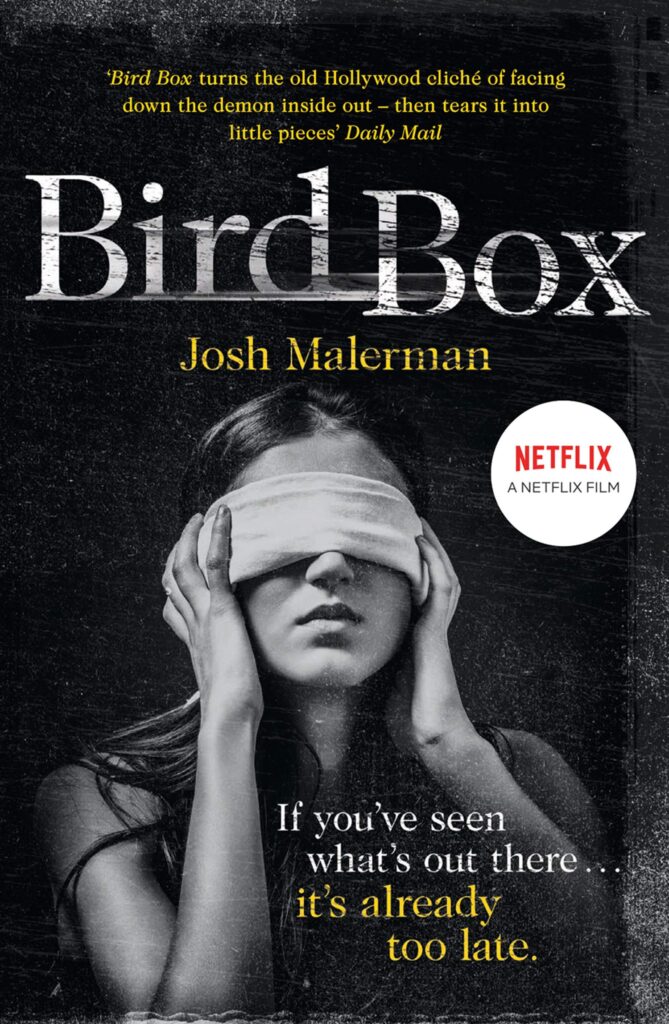
4. The Kite Runner by Khaled Hosseini
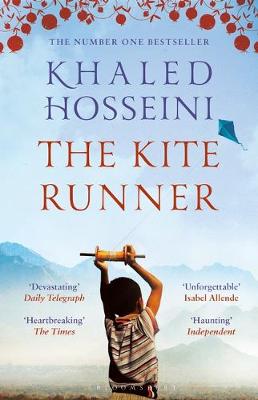
5. You Had Me at Hola by Alexis Daria

